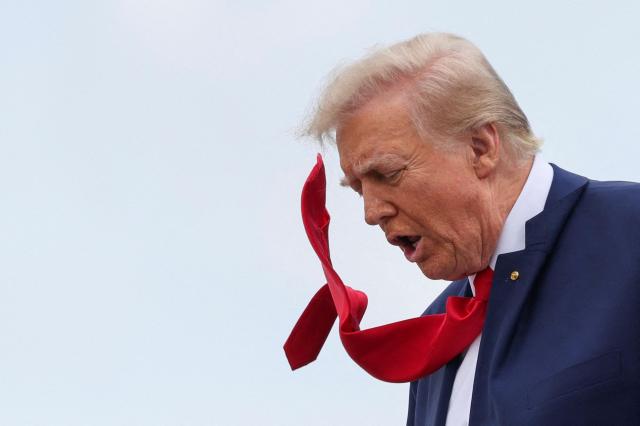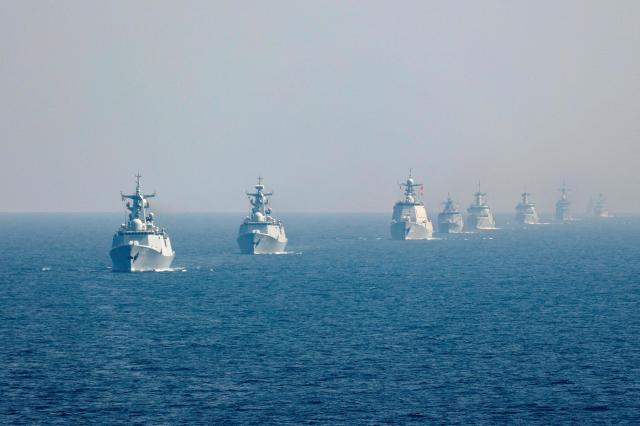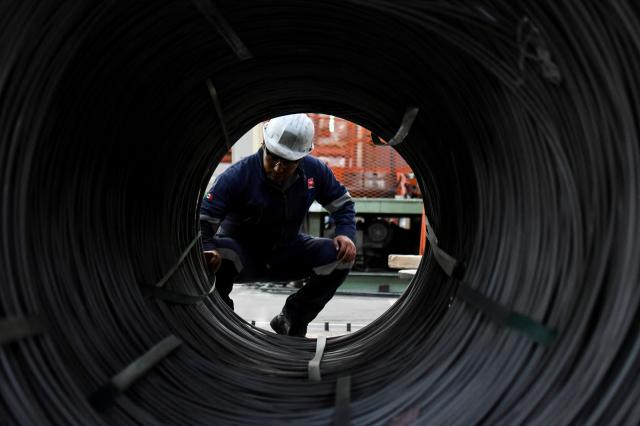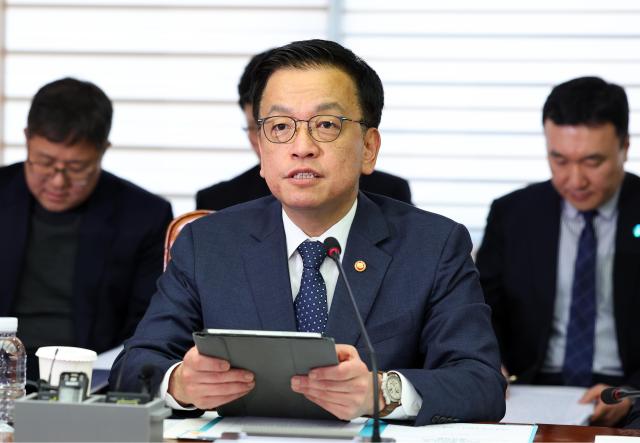
The move comes as the Trump administration intensifies its sweeping tariff offensive, targeting both allies and adversaries. Trade analysts expect stricter enforcement of existing import regulations, including anti-dumping and countervailing duties.
The U.S. Department of Commerce initiated the investigation in November, following a policy revision in March that broadened the scope of countervailing duty laws to include cross-border subsidies.
The updated regulations aim to curb foreign government subsidies that could distort competition in the U.S. market. Under the revised framework, subsidies from third countries are now treated as equivalent to those provided by the exporting country.
The inquiry into pharmaceutical capsules is part of a broader expansion of U.S. trade scrutiny.
American officials have also widened an investigation into South Korean epoxy resins, a critical material used in semiconductors, automobiles, aerospace, and medical industries. Authorities are examining whether Korean companies sourced raw materials for epoxy resins at below-market prices from Chinese state-owned enterprises or firms operating under Chinese government directives.
As of late last year, the United States had 53 active import restrictions against South Korea, including ongoing investigations. These comprised 37 anti-dumping cases, 12 countervailing duty cases, two safeguard measures, and two circumvention probes.
Steel and metal products faced the highest number of trade measures, with 36 cases. Plastics, rubber, and textiles each accounted for four cases, while the electronics sector was the subject of three investigations.
“The second Trump administration is expected to employ all available trade enforcement tools to address deficits and bolster domestic manufacturing,” a KOTRA official said.
The administration has already enacted additional tariffs, including a 10 percent levy on Chinese goods and 25 percent duties on steel and aluminum. Officials have signaled plans to escalate the use of tariffs as a strategic economic weapon.
Copyright ⓒ Aju Press All rights reserved.





View more comments